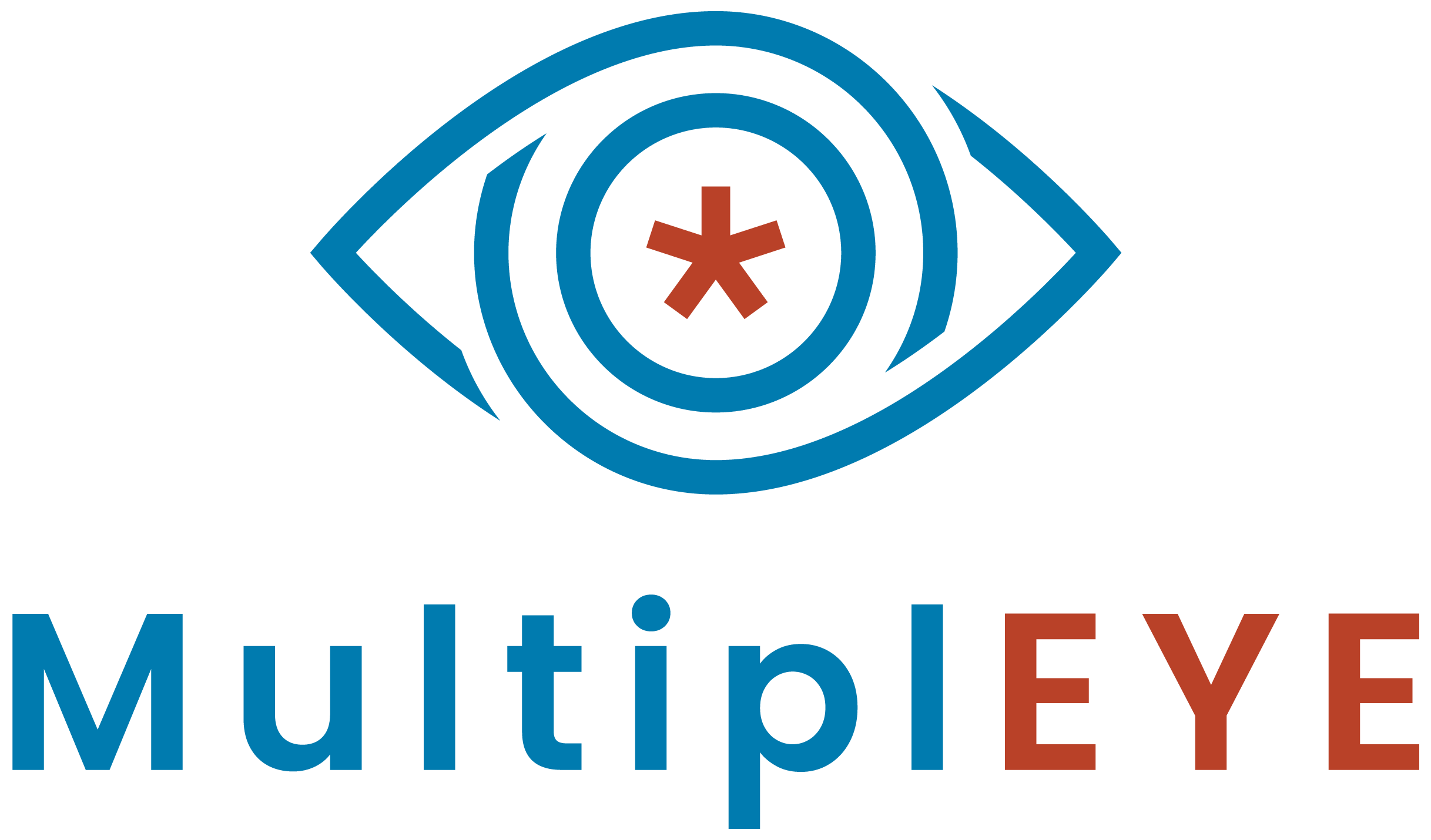Maja Stegenwallner-Schütz is currently a guest professor at the Institute of Rehabilitation Science at the Humboldt-University of Berlin. She contributes to the development and validation of the reading comprehension stimuli of the MultiplEYE data collection and oversees the translation process. She also participated in the selection of psychometric tests as well as in the development of the Data Management Plan. She completed a Short-Term Scientific Mission at the Language, Computation and Cognition Lab at the Technion – Israel Institute of Technology in Haifa. During this period, she worked on developing a task design to assess linguistic competence in adults as well as on validating the comprehension questions of the MultiplEYE reading experiment.





Dr. Maja Stegenwallner-Schütz
Institute of Rehabilitation Science, Humboldt-University of Berlin
